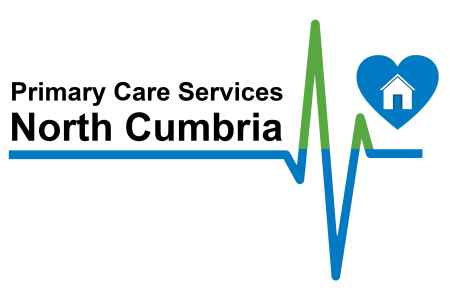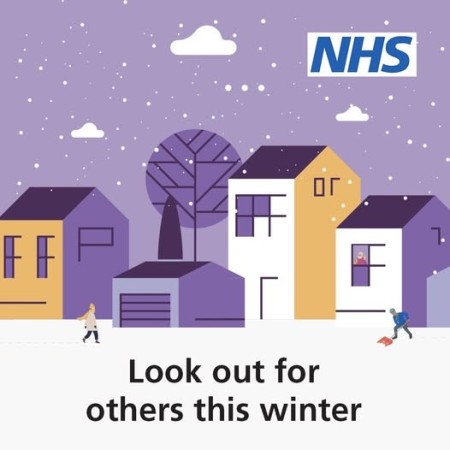As temperatures drop, remember that other people such as older neighbours, friends and family members, may need some extra help.
From simply keeping in touch to making sure they’re stocked up with enough food supplies, there’s a lot we can do to help.
Get advice if you feel unwell
If you're 65 or over, or in one of the other at-risk groups, it's important to get medical help as soon as you feel unwell.
You can get help and advice from:
- a pharmacy – pharmacists can give treatment advice for a range of minor illnesses and can tell you if you need to see a doctor
- your GP – you may be able to speak to a GP online or over the phone, or go in for an appointment if they think you need to
- NHS 111 – go to 111.nhs.uk or call 111 if you have an urgent medical problem and you are not sure what to do
The sooner you get advice, the sooner you're likely to get better.
In an emergency, go to A&E immediately or call 999.


